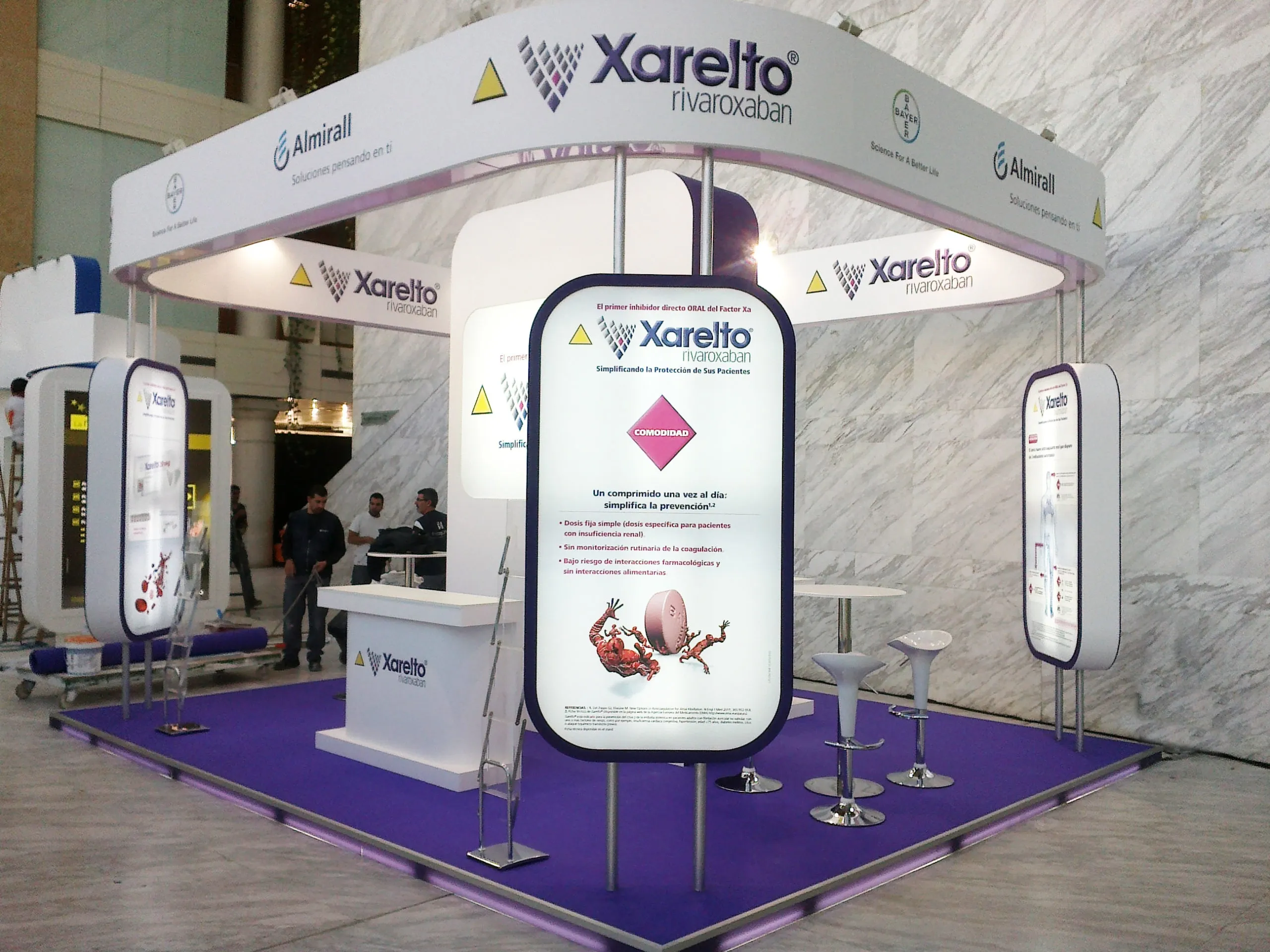The drug demonstrates cardiovascular benefits that can contribute to protect patients with fanv and diabetes.
On November 14, World Diabetes Day was commemorated, a date that serves as an opportunity to raise awareness about the impact of this population's health pathology.According to the official figures published by the National Institute of Statistics (INE), in Spain a total of 9,664 deaths attributed directly to diabetes were recorded in 2019.
Patients with diabetes mellitus have a greater risk of death of cardiovascular cause, myocardial infarction or stroke than non -diabetics.In addition, extremities events remain a serious problem for these people.
Therefore, this day is also interesting to highlight the innovative therapeutic opportunities that have come to treat cardiovascular complications derived from diabetes.In this sense, oral anticoagulants of direct action, called ACOD, are positioned as one of the most widespread treatments to reduce the risk of cardiovascular complications in patients with diabetes and atrial fibrillation (FA), one of the most present comorbidities.In fact, two out of five patients with non -valvular atrial fibrillation (FANV) have diabetes mellitus and a greater risk of stroke.
In turn, the concomitance of diabetes and kidney disease increases the thromboembolic risk associated with atrial fibrillation, which puts the patient in a risk situation that forces us to seek general protection.
ACOD have shown a robust efficacy and safety profile in patients with FANV and diabetes, both in pivotal studies and in real clinical practice studies.In this context, there are studies that demonstrate that Rivaroxabán, the one who markets Bayer with the name of Xarelto, contributes to protecting from the stroke, reducing the risk of cardiovascular mortality and extremities events in patients with FA and Diabetes.
Xarelto, a drug that has been marketed in Spain for more than ten years, and that together with the other ACOD could be helping to change the natural ichtus course linked to the FANV, has a set of evidence in real clinical practice in patients with FAand very wide diabetes, with robust results.
He has proven to improve in successive studies, as in the Pivotal Rocket-AF study of phase III and real-life such as RIVA-DM, protection against diabetes-related complications.If compared to the results of the warfarin, Xarelto in a real -life study has reduced by 19 percent plus the need for dialysis, 15 percent more of the limb amputation, 5 percent more of the diabetic retinopathy, and 8 percent more mortality for other causes.
In the recently published RIVA-DM Study that includes data from electronic medical records of 32,078 patients with fanv and diabetes mellitus type 2 treated with Xarelto and 83,971 patients treated with AVK, there is a significant reduction, against Warfarina, of death by theseComplications
effectiveness in over 80 years in the Riva-DM study
In patients under 80 years, the results of the RIVA-DM study reflect that intracranial hemorrhage decreases by 25 percent;Death due to vascular cause lows 9 percent;Severe hemorrhage does 18 percent;and serious adverse events in limbs fall 24 percent.
Even in elderly patients, those over 80, with Xarelto, protection of these events against warfarin is observed: intracranial hemorrhage drops 32 percent;Death due to vacular, 7 percent;severe bleeding 23 percent;and serious adverse events inlimbs decrease 20 percent.
RIVA-DM, study from which most of these conclusions are distilled, analyzed the data of almost three years of 116,049 patients;32,078 patients with FA and diabetes treated with Xarelto and 83,971 patients treated with warfarin.In addition to the aforementioned data, the drug shows a good security profile observed in real clinical practice.


